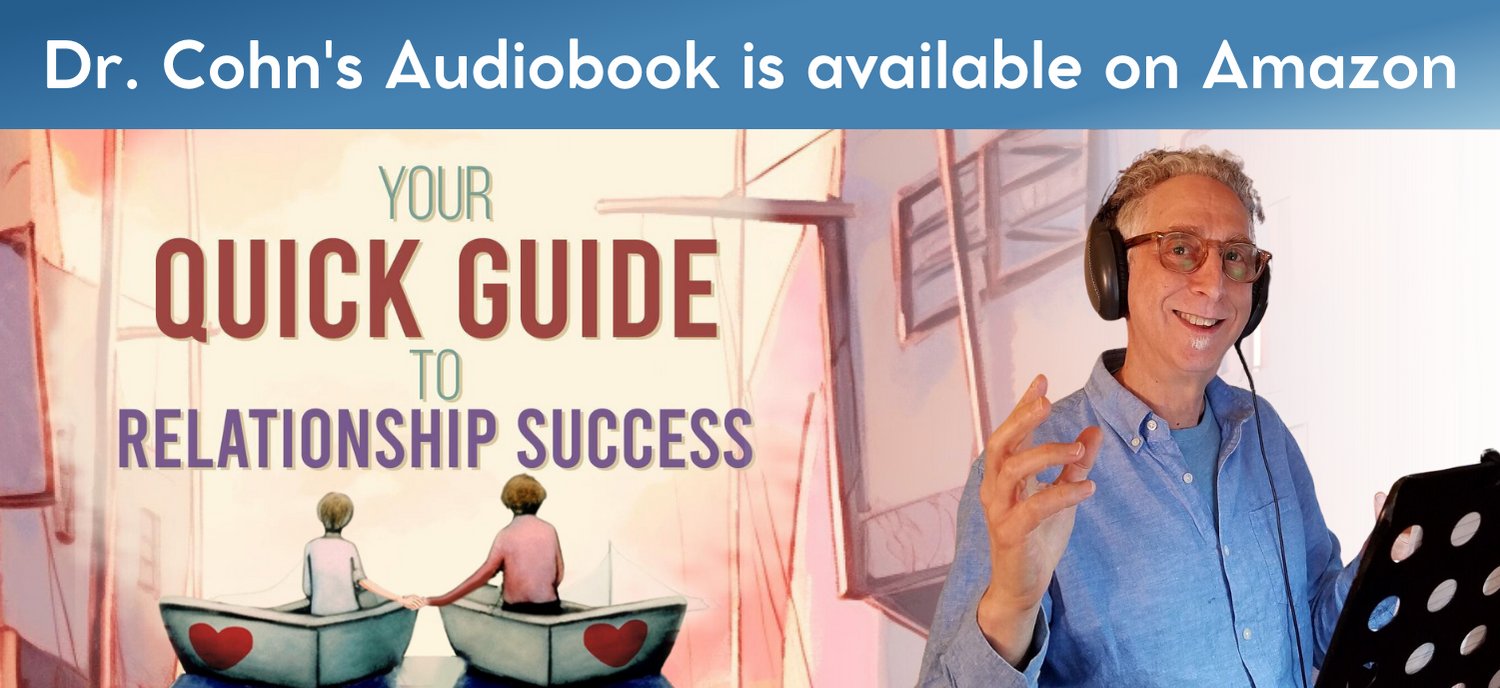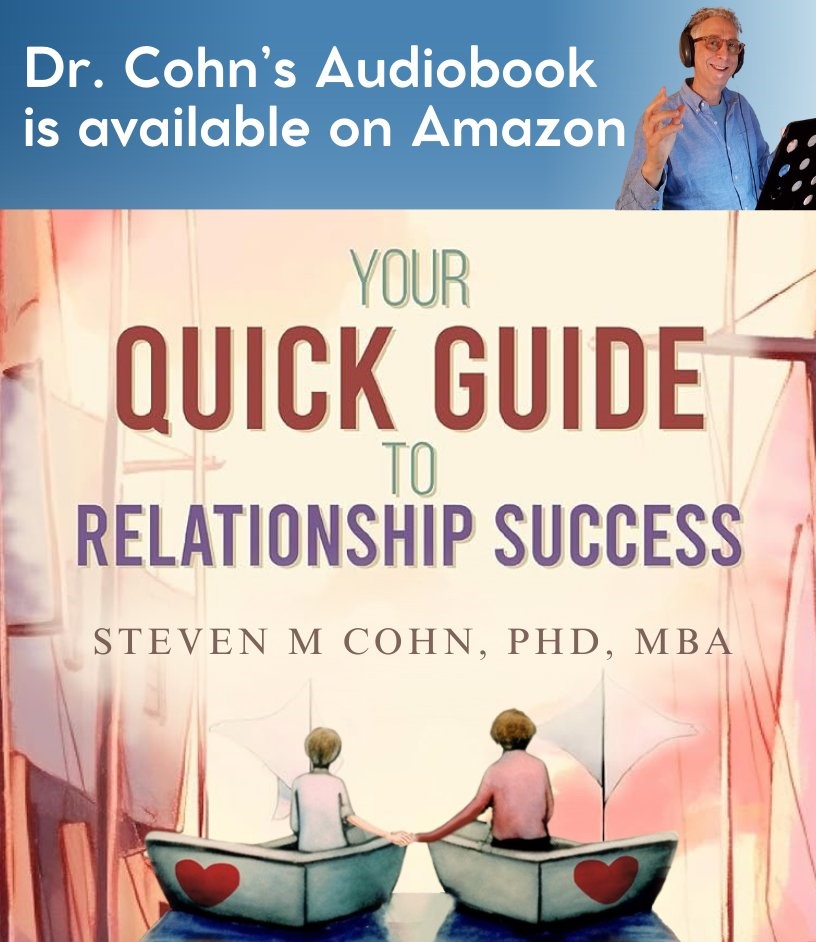- Home
- Virtual Couples Therapy
- Does Online Marriage Counseling Work
Does Online Marriage Counseling Work?
Introduction
Marriage counseling has long been recognized as an effective means to enhance relationships, address conflicts, and promote long-term satisfaction. The question for our modern era is, does online marriage counseling work. In recent years, the advent of online counseling platforms has provided couples with convenient and accessible avenues to seek professional guidance. This article aims to explore the efficacy of online marriage counseling, substantiated by empirical evidence and real-life success stories. By examining the research and testimonials, we can gain a comprehensive understanding of how online marriage counseling has proven to be a valuable resource for couples in need. The efficacy is the same regardless of whether you in Bend, Oregon or Eugene, Oregon or Ashland, Oregon or anywhere else for that matter.
Empirical Evidence Answering the question, Does Online Marriage Counseling Work?
Numerous studies have been conducted to answer the question, does online marriage counseling work? These research endeavors
consistently support the notion that online counseling can be as successful as
traditional face-to-face therapy. The following are key studies that provide
evidence of the positive impact of online marriage counseling:
Study 1: A randomized controlled trial by Pihet et al. (2017) compared the outcomes of online versus in-person marriage counseling. The study found that both modes of counseling were equally effective in improving relationship satisfaction and reducing marital distress. The online counseling group reported similar levels of progress and satisfaction as the in-person group, indicating the potential for online platforms to deliver successful outcomes.
Study 2: Another study conducted by Lundgren and colleagues (2019) focused on the effectiveness of an online intervention program for couples experiencing relationship difficulties. The results demonstrated significant improvements in relationship quality and communication skills among participants. The accessibility and flexibility of the online program allowed couples to engage with the material at their own pace, leading to positive changes in their relationship dynamics.
Study 3: In a meta-analysis by Zaheri et al. (2020), which reviewed 38 studies on online marriage counseling, the researchers concluded that online interventions were effective in reducing relationship distress and enhancing relationship satisfaction. The analysis indicated that online platforms can provide couples with convenient and confidential access to professional help, resulting in positive outcomes.
Study 4: A meta-analysis conducted by Baker, Heinrichs, Kim, and Hofmann (2018) analyzed 35 studies on the effectiveness of online counseling. The results showed that online interventions, including marriage counseling, were generally as effective as face-to-face interventions, with significant improvements in relationship satisfaction and communication skills reported by couples.
Study 5: A randomized controlled trial conducted by Braithwaite, Fincham, and Pasch (2016) compared the outcomes of online and face-to-face marriage counseling. The study found that both formats were equally effective in reducing relationship distress and improving relationship quality. The researchers concluded that online counseling can be a valuable alternative to traditional therapy for couples seeking help with their relationships.
Study 6: A study published in the Journal of Marital and Family Therapy by MacDermid Wadsworth, Riggs, and Berger (2019) investigated the outcomes of online couples therapy compared to traditional therapy. The findings indicated that couples who received online counseling experienced significant improvements in relationship satisfaction, communication, and conflict resolution skills, which were comparable to those who received face-to-face counseling.

Success
Stories and Testimonials
In addition to empirical research, the experiences and testimonials of couples who have benefited from online marriage counseling serve as valuable anecdotal evidence. The following testimonials were taken from the literature (and were not Steven Cohn, PhD’s clients). Here are four examples that exemplify the positive impact of online counseling:
Case Study 1: John and Sarah had been married for over a decade when they began experiencing significant communication challenges. Their work schedules and childcare responsibilities made attending in-person counseling sessions difficult. They decided to try online counseling, and within a few months, they noticed a remarkable improvement in their ability to understand and support each other. They credited the convenience of online sessions and the guidance of their therapist for their progress.
Case Study 2: Laura and Michael were considering separation after years of unresolved conflicts and growing emotional distance. Skeptical about online counseling initially, they eventually decided to give it a try. Through regular video sessions, they were able to explore the root causes of their issues and develop effective communication strategies. Online counseling provided them with a safe space to express their concerns and work towards rebuilding trust, ultimately leading to a revitalized relationship.
Case Study 3: Mark and Emily, a military couple, faced the challenge of frequent relocations due to Mark's deployments. They struggled to find consistent counseling support until they discovered online marriage counseling. With the flexibility of virtual sessions, they were able to maintain continuity in their relationship.
Case study 4: Jane and John (names changed for privacy) sought online marriage counseling during a difficult phase in their relationship. They praised the convenience and accessibility of online sessions, which allowed them to fit counseling into their busy schedules. Jane highlighted the benefit of being in a familiar environment, as it helped her feel more relaxed and comfortable during therapy. They credited online counseling for improving their communication, resolving conflicts, and ultimately saving their marriage.
Case study 4: Mark and Sarah, a long-distance couple, turned to online marriage counseling to bridge the geographical gap between them. Through video sessions and virtual exercises, they were able to strengthen their bond, address trust issues, and develop effective communication strategies. They expressed gratitude for the effectiveness of online counseling, which played a vital role in the successful outcome of their online marriage counseling.
Conclusion
Research has consistently answered the question, does online marriage counseling work, and proves the efficacy of online marriage counseling in improving relationship satisfaction, fostering effective communication, and resolving conflicts. Its accessibility, convenience, tailored approach, and cost-effectiveness have made it a viable option for couples worldwide. As technology continues to advance, online marriage counseling is likely to become an increasingly popular and accepted form of therapy. Whether faced with minor challenges or significant issues, couples can now seek professional guidance and nurture their relationships through the power of online counseling.
Share
Follow

Steven M Cohn, PhD is honored to have been featured on CNBC.com.

Steven M Cohn, PhD is pleased to have been featured on Koin 6 Television: "Boost In The Bedroom."

Steven M Cohn, PhD is pleased to have been featured on both KATU.com and KATU Channel 2 Television.

Steven M Cohn, PhD is pleased to have been featured on Oregon Live "Why Oregon's Latest Divorce Statistics May Be Divorced From Reality"

Steven M Cohn, PhD, MBA, LMFT has been named one of the top three marriage counselors in Portland, Oregon three years in a row by the non-profit organization Three Best Rated




